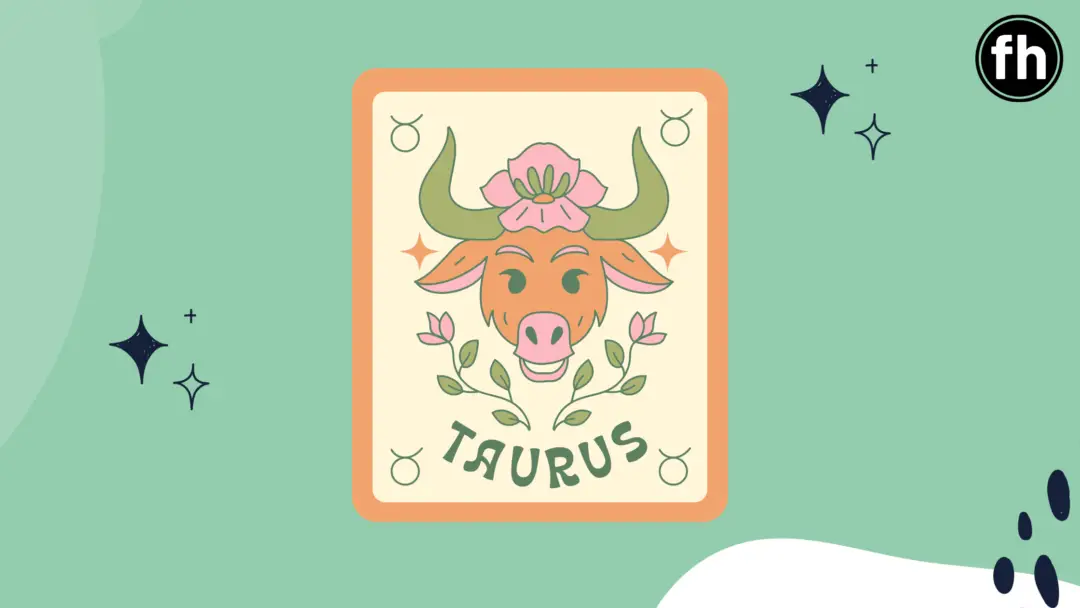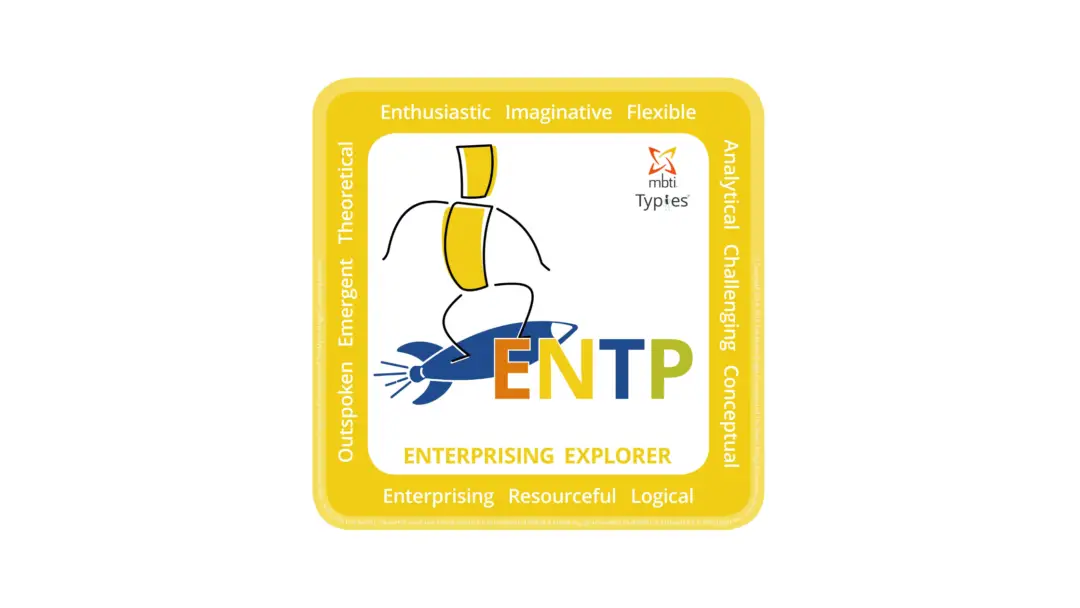Is it wise to put hobbies on your resume when applying for a new job?
When it comes to crafting the perfect resume, the question of whether or not to include hobbies often arises.
The primary purpose of a resume is to present a concise and compelling overview of your professional qualifications to potential employers.
Every section, every word, should aim to communicate your skills, achievements, and fit for the role. But do hobbies have a place in this finely-tuned document? Let’s explore.

The Case for Including Hobbies:
There is a school of thought that suggests hobbies can make a resume come alive. While the bulk of your resume might be cold, hard facts and accomplishments, the hobbies section offers a glimpse into your personality.
Employers are not just hiring a set of skills; they are hiring a person. Your hobbies can indicate creativity, team spirit, leadership, and other intangible qualities that are hard to glean from a list of previous roles and responsibilities.
For example, someone who enjoys playing team sports might be a great fit for a collaborative work environment. A hobby in chess might imply strategic thinking, while volunteering for a non-profit organization signals a commitment to community service and social responsibility.

Customizing Your Hobbies
One key to effectively including hobbies is to tailor them to the job you’re applying for. If you’re applying to a creative role, mentioning your interest in painting or blogging can be a plus.
If the role requires determination and discipline, completing marathons or studying martial arts might strike a chord with the hiring manager.
But here’s the catch – authenticity matters. Including hobbies should not be a tactic but a truthful representation of your interests. Hiring managers can spot inauthenticity a mile away, and nothing can be more damaging to your credibility.

The Case Against Including Hobbies
On the flip side, there are valid arguments for leaving hobbies off your resume. The most obvious is the need for brevity. With recruiters spending an average of six seconds scanning a resume, is it worth dedicating precious space to non-professional activities?
Some argue that unless your hobbies are directly related to the job, including them can seem unprofessional or irrelevant.
There is also the risk of bias – while it’s unprofessional and unethical, biases exist. A potential employer might have preconceived notions about certain hobbies and this could inadvertently impact their perception of you as a candidate.
Striking the Balance
So, where does this leave us? Should hobbies have a seat at the table, or should they be left at the door?
The key is balance and judgement. If you choose to include hobbies, ensure they add value to your resume and can potentially resonate with the prospective employer.
Align them with the job requirements and company culture as closely as possible. Make sure every inclusion serves a purpose, either highlighting a skill, demonstrating a quality, or showcasing your fit for the role.
For instance, if you’re applying for a sales role in a tech company, mentioning that you love coding as a hobby can be a great addition, highlighting both your passion for the industry and an additional skill set that could benefit the company.

Bored at work and looking for a hobby to do while on the job? Check out our list of Hobbies to Do While at Work!
Final Thoughts
In conclusion, there is no one-size-fits-all answer. The inclusion of hobbies can be both an asset and a liability, depending on the context.
As with every element of a resume, intentionality is key. Each section should be meticulously crafted, aiming to add value, convey professionalism, and present you in the best light possible.
When in doubt, focus on relevance. If your hobbies echo the skills, qualities, and interests that are particularly valued in the prospective role or company, including them can be a strategic move.
Otherwise, it might be wise to focus on strengthening other sections of your resume, such as your skills, qualifications, and professional achievements.
In the dynamic and often subjective world of job hunting, crafting a resume is more of an art than a science.
Your resume is a personal marketing document, a narrative crafted to tell your story in the most compelling way. So, whether or not to include hobbies is ultimately your decision. Make it a considered one, weighing the pros and cons and always, always tailored to the specific opportunity at hand. Happy job hunting!






